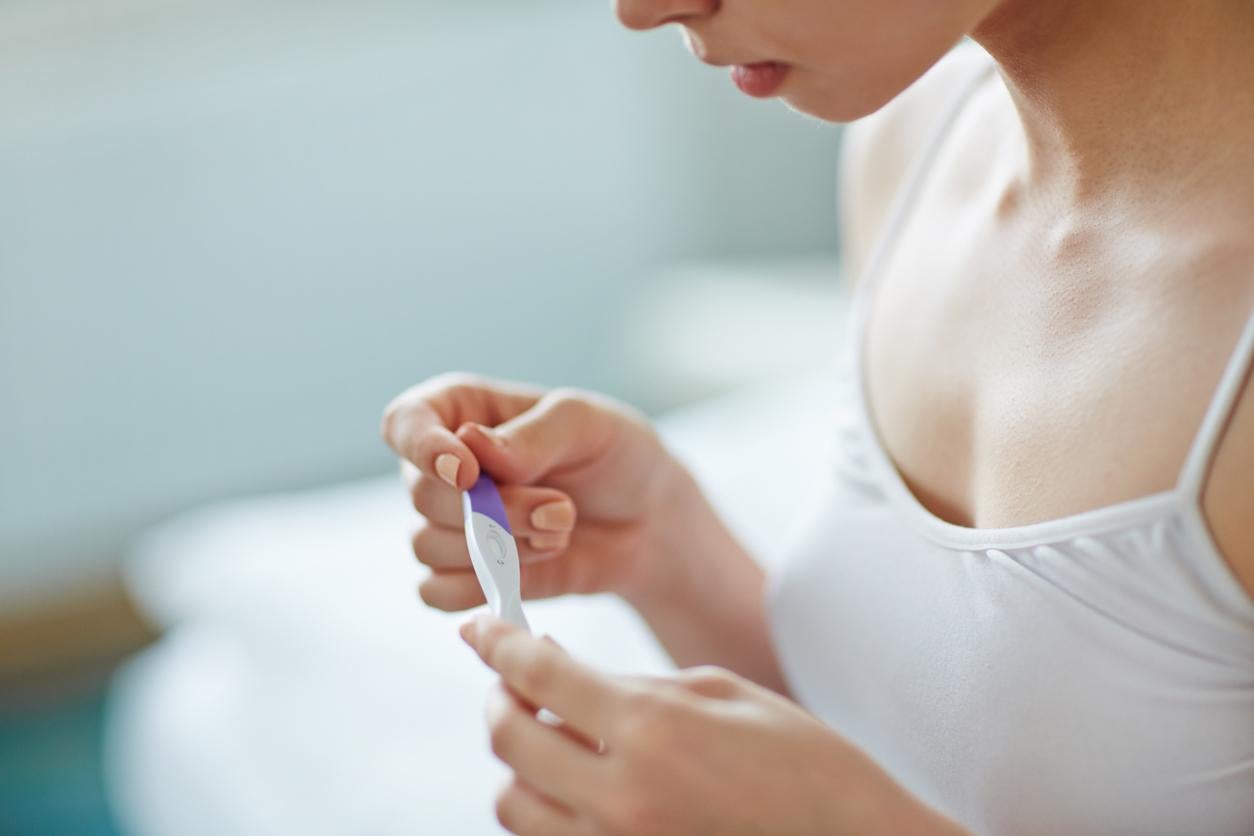Valentine's Day leads to spike in new pregnancies, NHS data shows
Christmas still tops seasonal baby making trend

Your support helps us to tell the story
From reproductive rights to climate change to Big Tech, The Independent is on the ground when the story is developing. Whether it's investigating the financials of Elon Musk's pro-Trump PAC or producing our latest documentary, 'The A Word', which shines a light on the American women fighting for reproductive rights, we know how important it is to parse out the facts from the messaging.
At such a critical moment in US history, we need reporters on the ground. Your donation allows us to keep sending journalists to speak to both sides of the story.
The Independent is trusted by Americans across the entire political spectrum. And unlike many other quality news outlets, we choose not to lock Americans out of our reporting and analysis with paywalls. We believe quality journalism should be available to everyone, paid for by those who can afford it.
Your support makes all the difference.Valentine’s Day appears to have a significant impact on amorous activity as official NHS figures reveal it’s associated with a spike in women becoming pregnant.
In the week of the 14 February 2015 health service data shows a five per cent bump in officially recorded conceptions, 16,263 compared to the weekly average of 15,427.
But even data from the week after Valentine’s Day, where 16,344 new pregnancies are recorded, the period still lags behind Christmas’s impact on seasonal baby-making.
Research has shown that major religious festivals, including Christmas and the Islamic celebration of Eid-al-Fitr, are linked around the globe with a spike in birth rates nine months later.
NHS data shows that the highest number of new conceptions was the week starting 28 December, when 16,782 pregnancies were recorded.
The health service is trying to highlight improvements in the safety of maternity care.
Before Christmas, Health and Social Care Secretary Jeremy Hunt announced all cases of stillbirth and serious brain injuries at birth would be independently investigated.
Sarah-Jane Marsh, chair of the Maternity Transformation Programme at NHS England, said: “Love is most definitely in the air at this time of year and it is fantastic to learn that the NHS sees a mini-baby boom nine months later – bringing with it great joy to families across the nation.
“Those of us who work in maternity services are so proud that there has never been a better time to have a baby, with record numbers of new mums saying they have been treated with dignity and respect, with more personalised care on offer and life expectancy at an all-time high."
Gill Walton, Chief Executive and General Secretary of the Royal College of Midwives, said the NHS provides some of the best maternity care in the world.
Be she added: “There is always room for improvement though and England also has ambitious plans to transform its maternity services so women can look forward to more choice and even better care.
Join our commenting forum
Join thought-provoking conversations, follow other Independent readers and see their replies
Comments